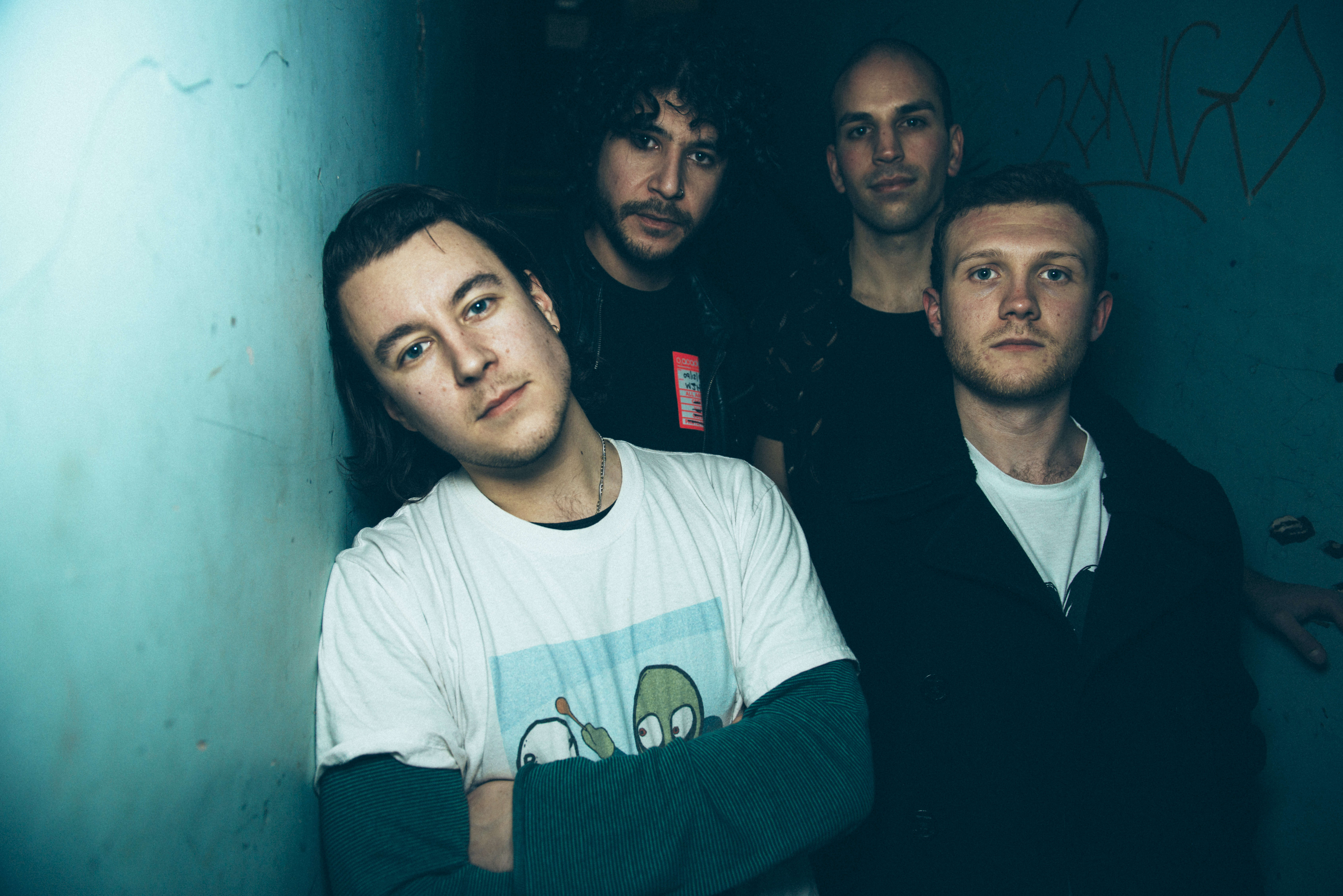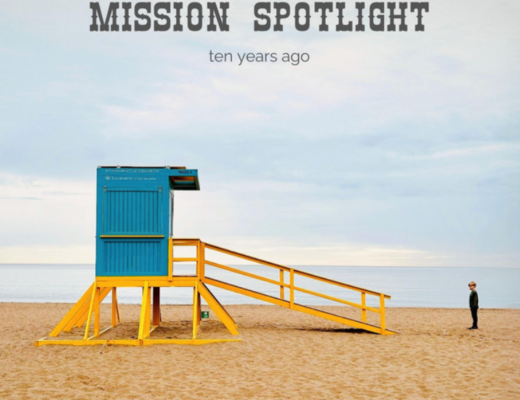Ginger Winn composes to crystallise the moments that cut deepest. With Freezing warming the airwaves and Freeze Frame poised to follow, the Nashville-born artist sat down with A&R Factory to reflect on how loss, love, and legacy have shaped her evolving sound. In this interview, Ginger opens up about the personal grief that seeped into the fabric of her latest work, the creative freedom she found with co-producer A.J. Yorio, and how years spent ghostwriting laid the groundwork for her most honest record to date. From the catharsis of returning to a heavier sound to the role of art as emotional excavation, this conversation is for anyone who understands what it means to hold on while letting go.
Ginger Winn, welcome to A&R Factory! With Freezing on the airwaves and Freeze Frame on the way, it’s the perfect time to dig into the darker side of your music, the shift in your sound, and everything else that makes your songwriting tick. What’s the story behind Freezing, and what kind of headspace were you in when you wrote it?
-Freezing is a reminder to cherish the people you love while you have them. We all have memories we wish we could freeze in time. When I flew out to Ohio to record with AJ Yorio (co-producer of Freeze Frame), he had written a piece of music, but no lyrics were coming to him. So he sent it to me. Around the same time, Matt (my co-writer and half of Keep Good Company, my label) had just sent me the lyrics to a new song. I immediately thought, “1+1=2”—these two pieces fit together. And that’s how Freezing was born. I had just lost my dad very unexpectedly, and this song became incredibly therapeutic for me during the worst of it.
Your new album Freeze Frame flips your debut on its head. What made you want to go in a darker, heavier direction this time?
-As I mentioned, my dad passed away in November of last year. Unfortunately, he chose to leave us. It was something I always knew might happen, but nothing can prepare you for how it feels when it actually does. That loss inevitably shaped the underlying tone of Freeze Frame. The most ironic part is that this would have been my dad’s favorite album of mine—he loved indie, alt, and rock music.
Was the shift something you always saw coming, or did it just happen naturally?
-When I first started making albums, I was about 12. My mom and I would write an album every year for almost ten years. Up until around 2020, I had a bit of an old-school rock sound. Then I decided to try pop music. Freeze Frame is really just a return to the sound that first rooted me.
A.J. Yorio helped shape the sound of this record—what was it about working with him that really clicked for you?
-Me and AJ in the studio was like watching two kids throw paint on a canvas to see what happens. It felt like we had complete freedom to try anything, and I think that really comes through in the music. I walked in with ten fully produced demos, and Matt and I gave AJ the freedom to experiment with anything he heard—rearranging, changing chords, whatever.
You’ve got some big shows coming up, from New Colossus to The Fest for Beatles Fans. Do you have a favorite kind of gig, or is it all just about getting out there and playing?
-I always enjoy playing at the Colony in Woodstock, mainly because of the sound quality, but also because the aesthetic is spectacular. Catch me and AJ there on May 1st. It’ll be a special treat because he’s coming all the way from Cincinnati!
You’ve always described yourself as an artist in the truest sense, almost like music is your version of painting or sculpting. How does that shape the way you create?
-I’ve been doing music since before I can remember—literally. My dad gave me a ukulele when I was a baby, and since then I’ve always had one to play. When something deeply affects me, I write about it. It’s funny because until I was about 17, I was afraid I couldn’t write lyrics. Melodies always came easily to me, but my mom handled the lyrics in the beginning. I should have realized that my only issue was that I had nothing to write about—I hadn’t lived enough yet. I say that jokingly, but it’s kind of true.
You spent a while making music for other people before deciding to focus on your own stuff. What was that switch like?
-When I moved to Cape Town, I needed to make money, and music was one of the few things I was really good at. High school dropouts aren’t exactly qualified for much! Living in Cape Town felt like living in a different reality—six to seven hours ahead of my family in the U.S., experiencing summer while it was winter back home. I changed a lot there. I stopped dreaming of stardom and fame and focused on making great music, whether for myself or others.
For the most part, I was writing and producing for others because, like I said, I needed the money and they were paying. I learned how to write and produce for different artists—I even filmed and directed a music video for someone. Those two years in Cape Town felt like four years of college because I was producing, writing, and singing for eight hours a day. I went a full year without taking a single day off. It was the definition of grinding, and honestly, I only did it because I had to.
When Matt and Tina came into my life and decided they wanted to make an album with the music we had written together, I was like, “Alright, sounds good.” I didn’t take it seriously until about a month before they flew me to New York to record with David Baron. Then it all suddenly became very real.
You’re playing the Go All In For Mental Health benefit concert this month—does performing at events like that feel different compared to a regular gig?
-All gigs kind of feel the same to me. It’s not that I don’t like performing, but it’s not my favorite part of the business. I’m a bit of a homebody sometimes. My main focus when performing is creating a great experience for the audience—keeping listeners on their toes and sharing the message to cherish the moments and people in their lives because you never know when they’ll be gone.
When someone listens to Freeze Frame all the way through, what do you want them to take from it?
-I want them to take away my personal mantra: cherish what you have now. The people, the moments, the situations—because we never know what the future holds. The greatest gift you can give yourself is to love the people in your life right now. Be open, reach out, push yourself outside of your comfort zone. Life is beautiful, but only if you choose to see it that way.
Discover Ginger Winn’s discography on Spotify.
Interview by Amelia Vandergast




No Comments